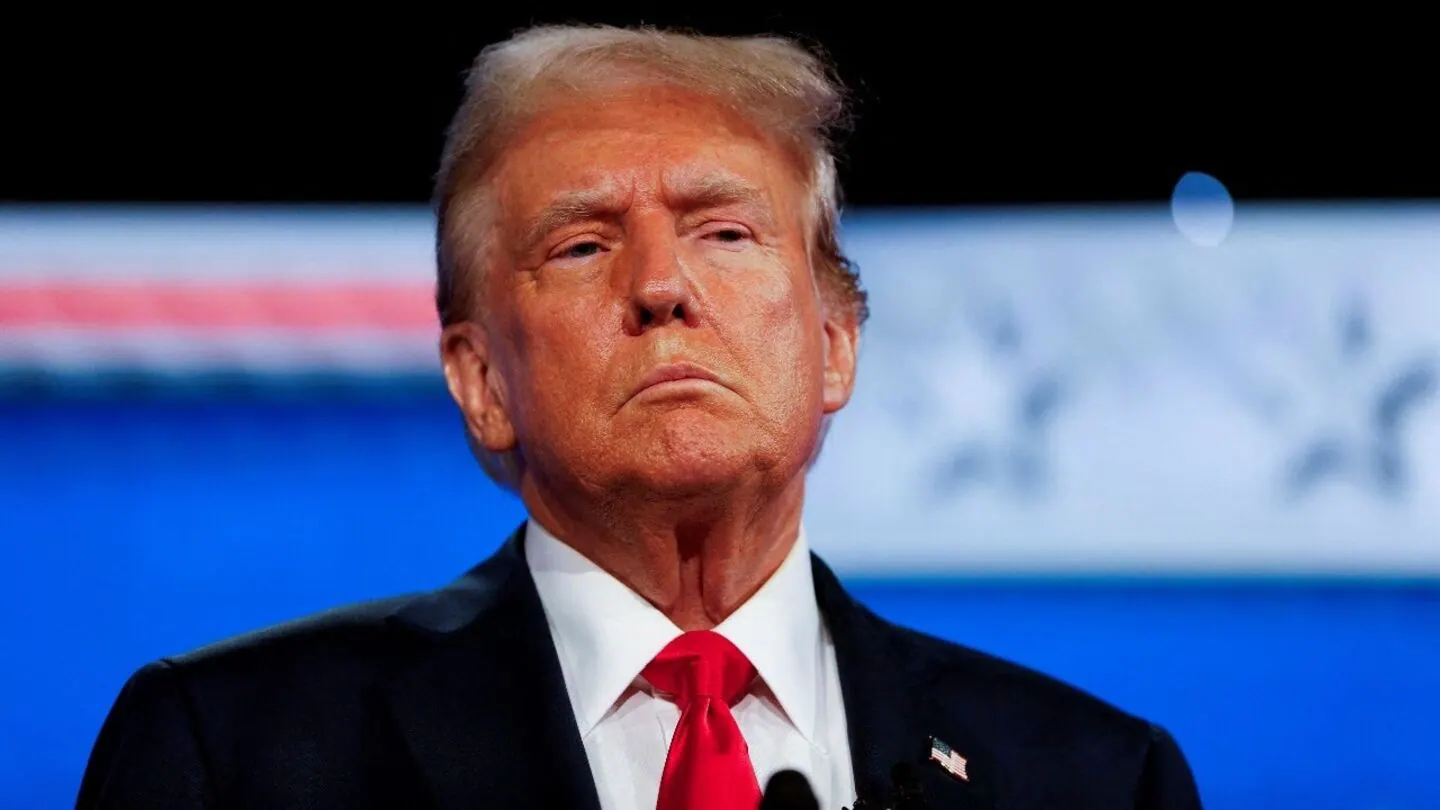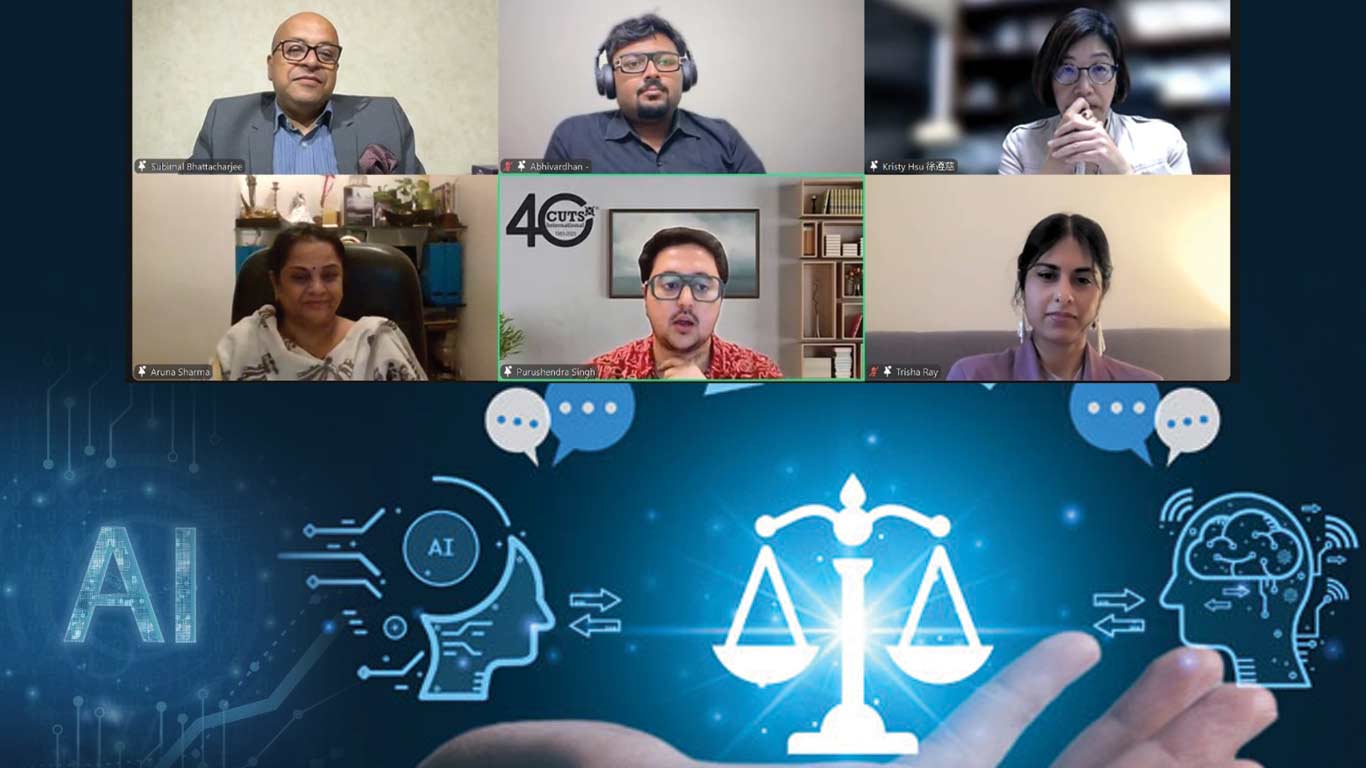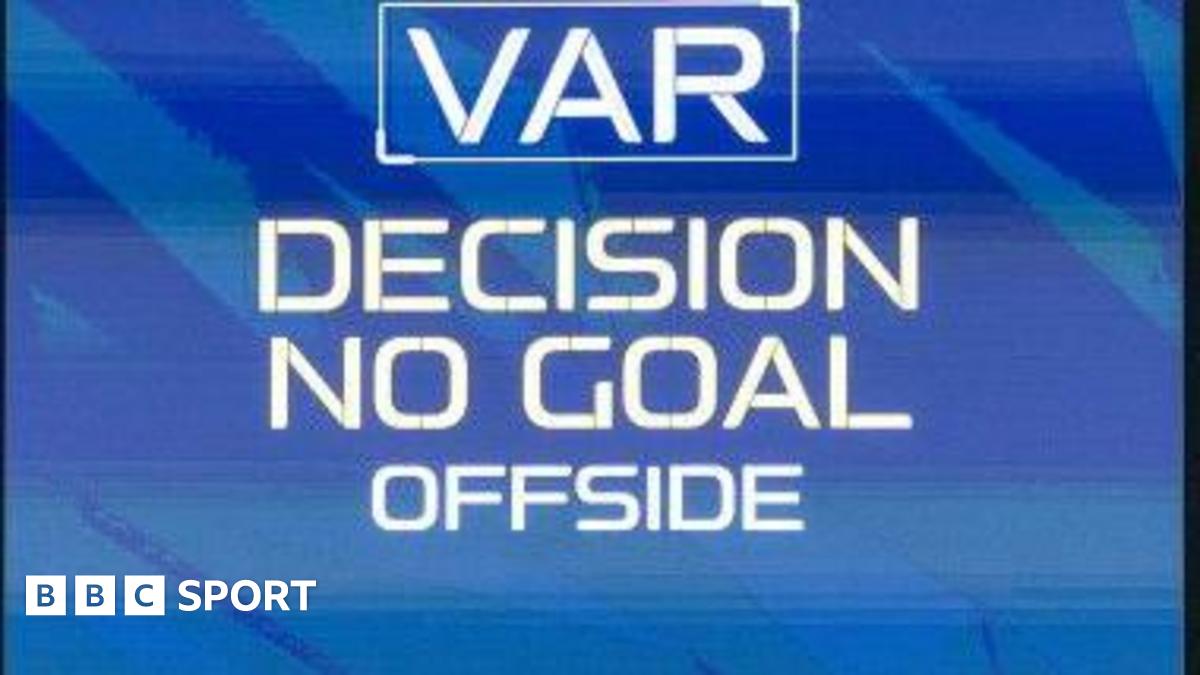By Snehil Singh
Copyright newsbytesapp

The Trump administration’s new H-1B visa policy, which imposes a $100,000 fee on high-skilled visa applications, could exempt certain professionals. White House spokesperson Taylor Rogers, in a statement to Bloomberg, said the proclamation signed by President Donald Trump allows for potential exemptions, which can include physicians and medical residents. The executive order issued last week noted that the costs can be waived if Homeland Security determines that a hiring is in the national interest. The explanation came after some of the top medical bodies expressed alarm about the possibility of a doctor shortage in rural America, where there is already a scarcity of providers. Medical professionals have cautioned that the proposed visa fee could substantially reduce the number of international medical graduates entering the United States. The White House on Saturday clarified that the new $100,000 fee on visas for skilled tech workers only applies to new applicants, not current visa holders. The new visa policy could have far-reaching consequences for Indian professionals, who make up about 71% of H-1B visa holders. The majority of these workers are employed in the technology sector with major companies like Infosys, Wipro, Cognizant, and Tata Consultancy Services. The new cost structure may make it too expensive for companies to keep hiring Indian talent in the US. The US technology sector, a major user of H-1B visas, has been thrown into uncertainty. While Trump insists that big tech loves the idea, investors reacted nervously. Reuters reported that shares of IT services companies, including US-listed Indian firms, dropped between 2% and 5% following the announcement. Critics said the measure discourages talent mobility and innovation. Supporters argue it will prevent wage suppression and compel companies to invest in training American graduates instead. The Trump administration has defended the new visa policy, arguing it will ensure only extraordinarily skilled individuals enter the country. Commerce Secretary Howard Lutnick called it a corrective step, saying past employment-based visa policies admitted people earning below-average salaries. The new regime is expected to filter out the bottom quartile and raise over $100 billion for the US Treasury.



